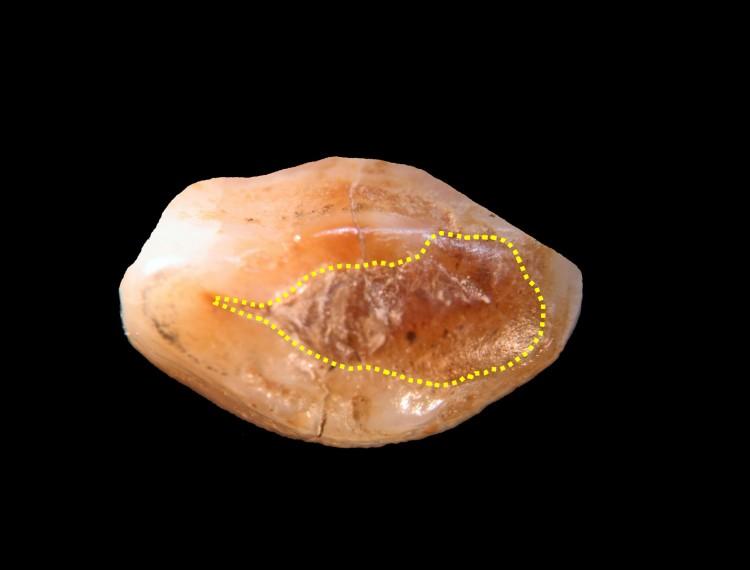The pressure force of a sneeze serves to reset the environment inside the nasal passages and trap foreign particles, rather like a computer reboots itself when a blue screen appears, according to new research.
Sneezing happens due to biochemical signals that regulate the beating of tiny hair-like structures called cilia on the mucous membranes of the nasal cavities.
However, sneezing can become ineffective in certain conditions, such as sinusitis, which may explain why some people with allergies sneeze a lot.
An international team of medical researchers studied the sneezing response at the molecular level to understand what happens when it stops working.
“While sinusitis rarely leads to death, it has a tremendous impact on quality of life, with the majority of symptoms coming from poor clearance of mucus,” said study co-author Dr. Noam A. Cohen at the University of Pennsylvania in a press release.
“By understanding the process by which patients with sinusitis do not clear mucus from their nose and sinuses, we can try to develop new strategies to compensate for their poor mucus clearance and improve their quality of life.”
The researchers observed how nasal cells remove mucus using tissue from mice that was cultured in incubators. They looked at the cells’ biochemical responses to a simulated sneeze or puff of air, and repeated some of the experiments with sinus and nasal tissue cells from people with sinusitis and non-sufferers.
They found that cells from patients with sinusitis respond differently to normal cells.
“I’m confident that modern biochemical studies of ciliary beating frequency will help us find new treatments for chronic sinusitis,” commented Dr. Gerald Weissmann, Editor-in-Chief of The FASEB Journal, in the release.
“I’m far less confident in our abilities to resolve messy computer crashes. We now know why we sneeze. Computer crashes are likely to be a mystery forever.”
The study was published in August issue of The FASEB Journal.
The Epoch Times publishes in 35 countries and in 19 languages. Subscribe to our e-newsletter.





